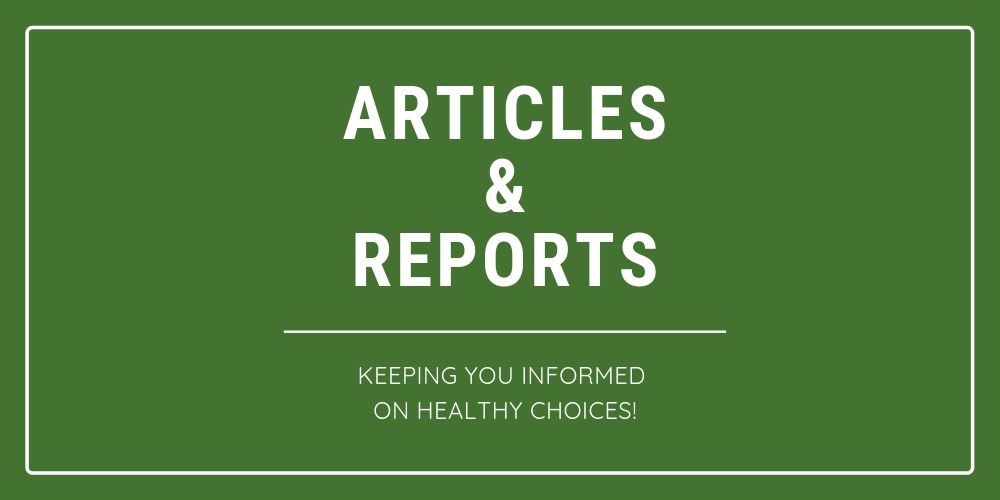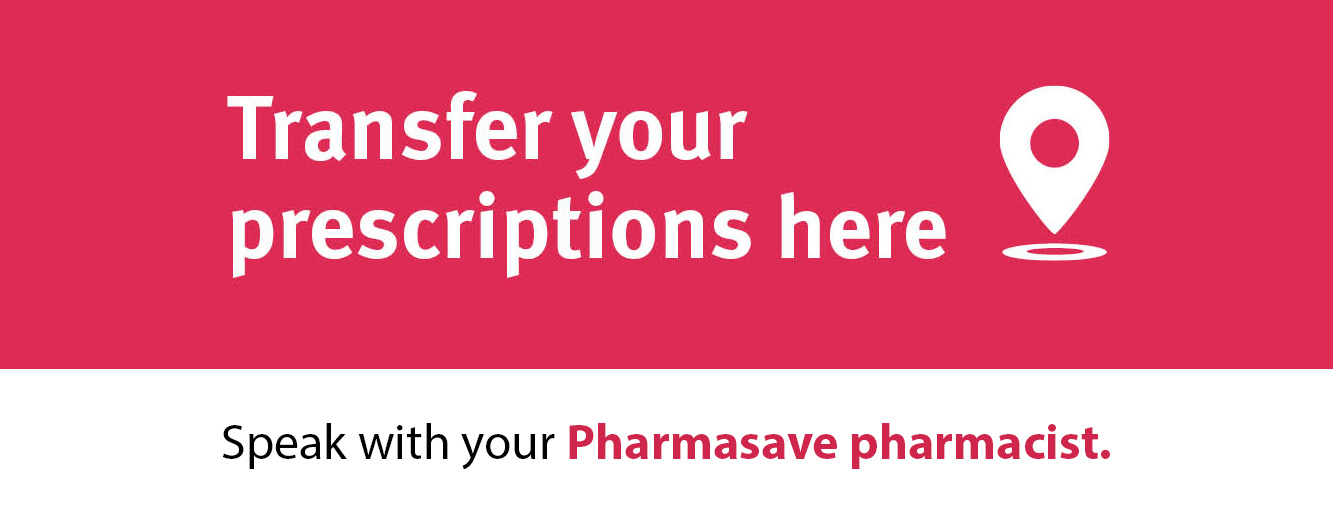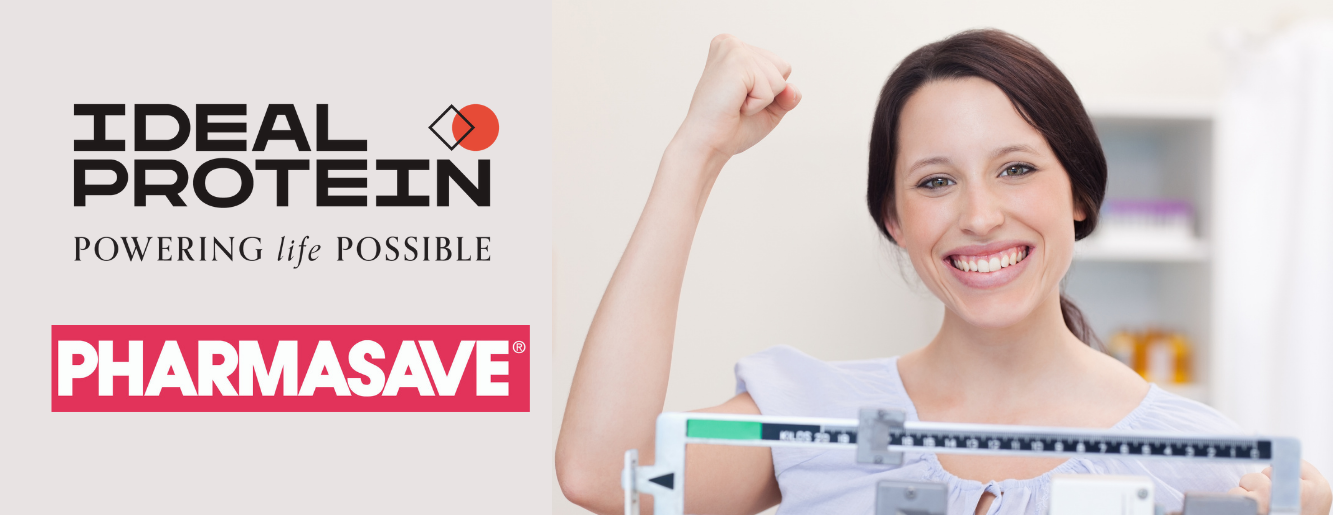By Christine Cheng, R.Ph. and Frederick Cheng, R.Ph.
“Cardiovascular disease” (CVD)… What do these words really mean? CVD refers to a whole spectrum of disease that can affect the heart and/or the blood vessels throughout the body. Cardiovascular diseases include coronary heart disease, congestive heart failure, heart attack, stroke, dyslipidemia (abnormal amounts of cholesterol in the blood), angina and atherosclerosis. CVD is a leading cause of death for both men and women in Canada, superseded only by malignant cancers.
Healthcare professionals are constantly telling everyone to watch their blood pressure, keep their cholesterol levels low and get active. But why? It’s because self-modifiable risk factors include smoking, high LDL (or “bad”) and low HDL (or “good”) cholesterol levels, high blood pressure, sedentary lifestyle, obesity, and uncontrolled diabetes. Even uncontrolled stress and anger can contribute to CVD. Of course, there are also those risk factors that we have no control over such as male sex, older age, family history of heart disease, being post-menopausal, and race.
Smoking increases blood pressure and heart rate and increases blood clotting. Compounds present in cigarettes can cause direct damage to the linings of the blood vessels. Weak blood vessel linings are more likely to allow the deposition of cholesterol in the linings. As these sticky build-ups or plaques build up over time, they hinder blood flow and can rupture leading to blood clots that may clog up blood flow through the arteries. Blockages occurring in the heart can cause heart attacks; those occurring in the brain can lead to strokes. Thus if you smoke, quitting is one of the best things you can do for your heart.
Along the same lines, uncontrolled cholesterol levels can also lead to atherosclerosis. High levels of “bad” LDL cholesterol increases the risk of plaque build-up, whereas “good” HDL cholesterol helps to clear cholesterol from the blood thereby reducing the risk of cholesterol building up in the arteries. Normally, the liver synthesizes all the cholesterol the body needs for building new cells, insulating nerves, and making hormones. Excess cholesterol is obtained from the diet, namely animal-based foods such as milk, eggs, and meat. Watching what we eat can greatly decrease the amount of excess cholesterol we have floating around in our blood and thus reduce the risk of CVD.
How does high blood pressure really affect our bodies? Blood pressure refers to the force of blood pushing against the arterial wall. If you think of our blood vessels as a garden hose and the blood as the water flowing through it, then you can imagine how water flowing through the hose at too high a rate could cause damage to the hose; similarly, high blood pressure means that the blood is pushing against the blood vessel with greater force that it can tolerate and over time, could cause damage to the arterial wall. Not only does high blood pressure affect the blood vessels, it makes the heart work harder and can cause damage to the eyes, kidneys, and the brain.
Exercising regularly can help reduce other risk factors for CVD. Exercise can help reduce blood pressure and reduce “bad” cholesterol levels while increasing “good” cholesterol levels. In diabetic patients, exercising can help maintain healthy blood glucose levels. Many prescription medications are very effective at helping us control blood pressure and regulate our cholesterol levels. There are also over-the-counter options that can have beneficial effects on these parameters. Fibre-containing foods and supplements such as Hemp Hearts and Nutracleanse can help reduce the absorption of cholesterol and thus minimize the effect of excess cholesterol intake from the diet. Sterols (e.g., Super Immune) have a similar effect on cholesterol. Policosanol (e.g., Cholarest SC) can support healthy lipid metabolism, protect the blood vessels from damage caused by lipid peroxidation, and help maintain healthy blood pressure levels. Red yeast rice (e.g., Choleast Plus) works like prescription “statin” medications by reducing the liver’s synthesis of cholesterol.
Omega-3 fatty acid supplements can be beneficial in promoting healthy blood lipid levels as well as healthy blood pressure. Metagenics’ EPA-DHA 720 is a good option due to its high omega-3 fatty acid levels and purity. L-arginine may help reduce blood pressure via its conversion to nitric oxide which can help blood vessels relax. Vasotensin contains bonito peptides that can help lower blood pressure.
Keep your heart healthy for you and your Valentine!
Copyright(C) 2013 by Christine Cheng and Frederick Cheng.
Christine and Fred Cheng are a sister-brother pharmacist team at their unique family-owned and operated Pharmasave in Cloverdale, BC. They specialize in natural remedies and compounding for both human and veterinarian use. They would love to hear from you! Contact them HERE.




